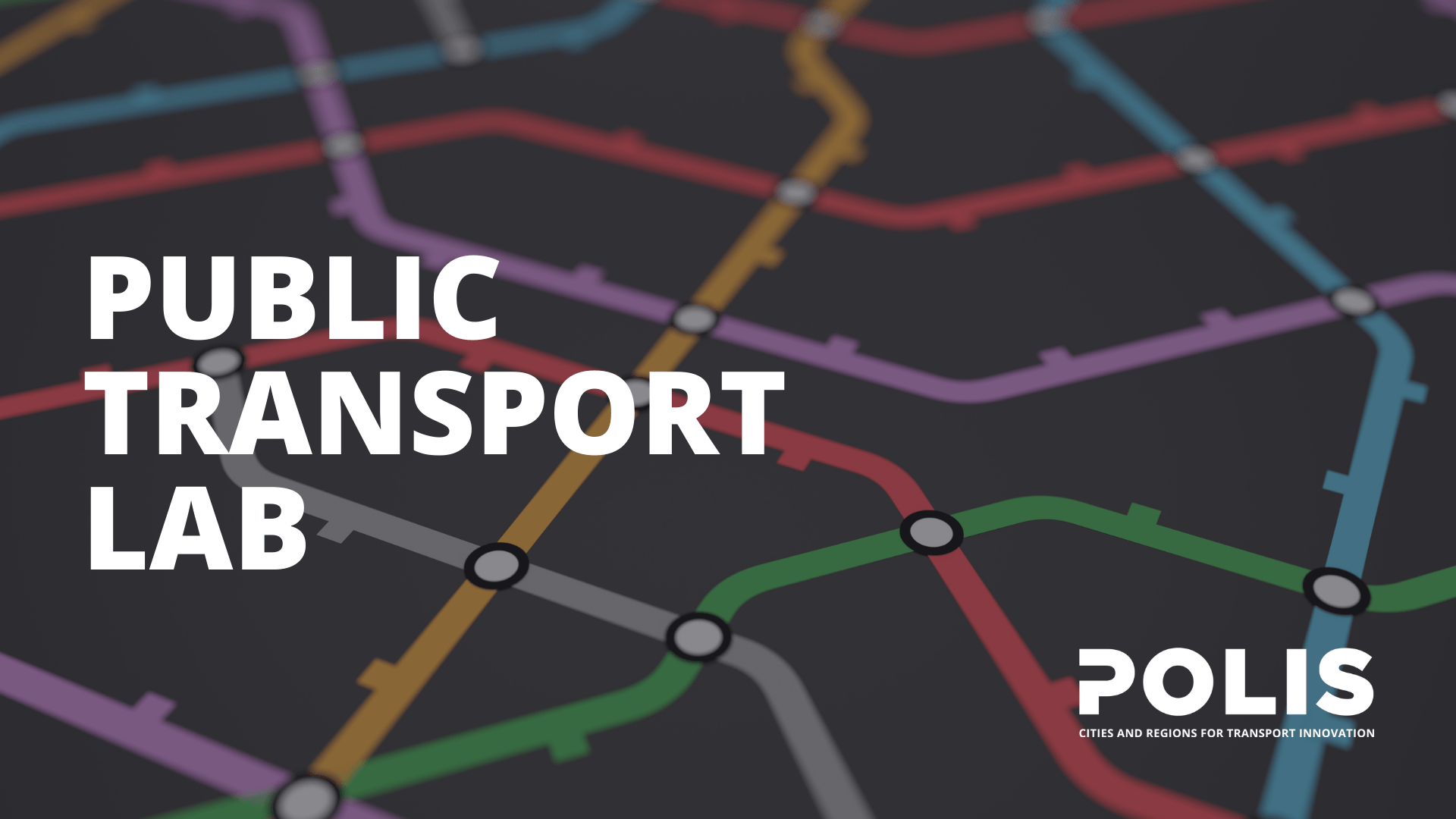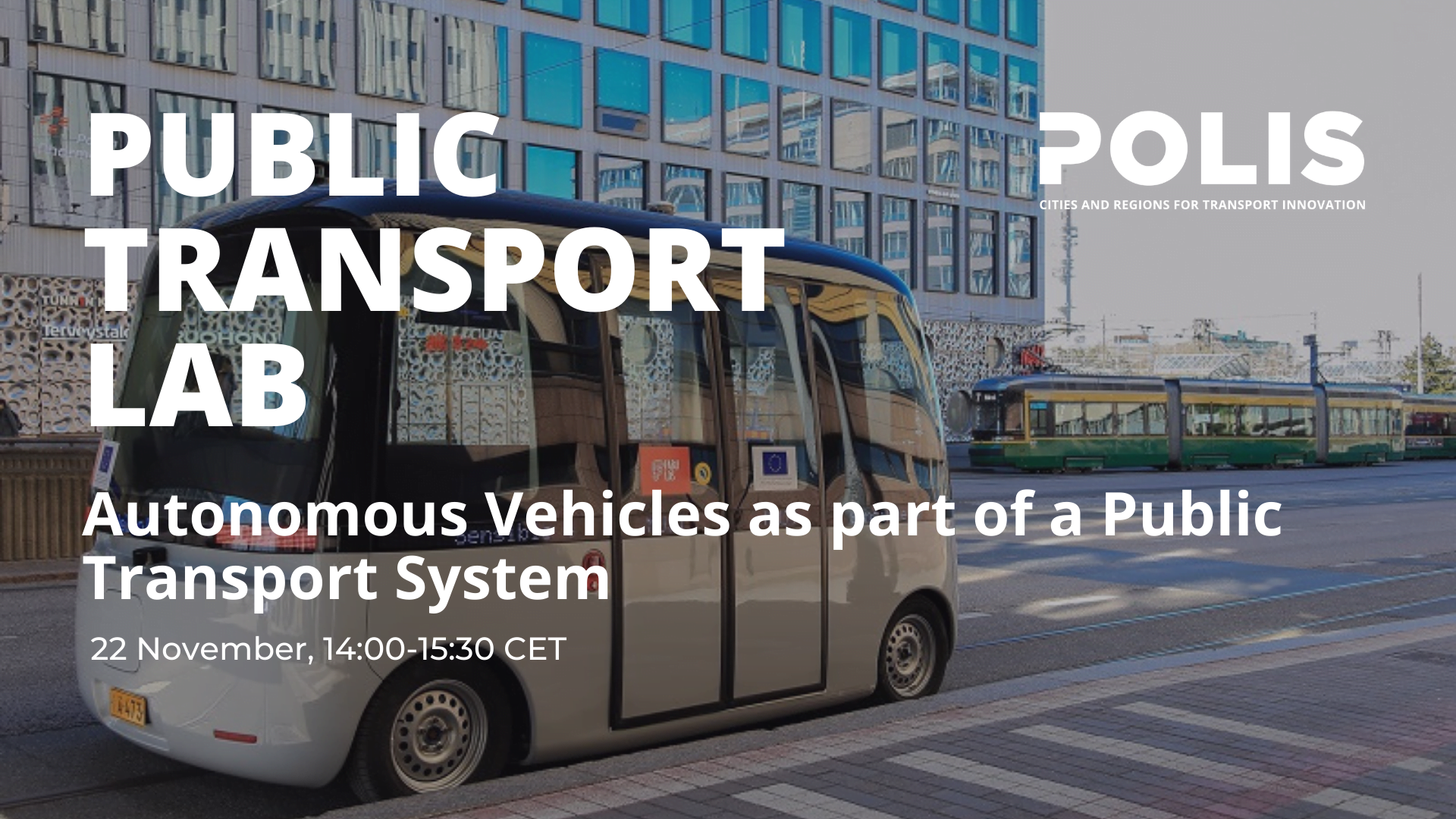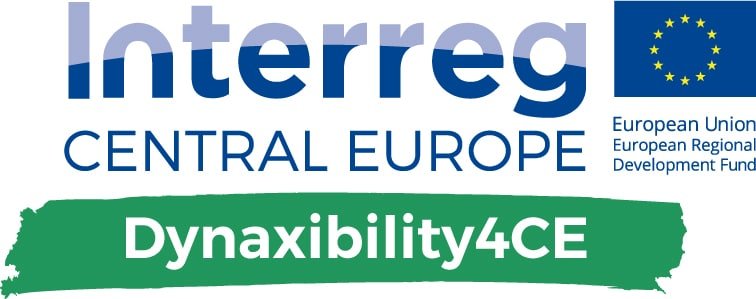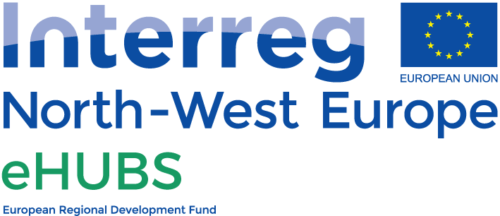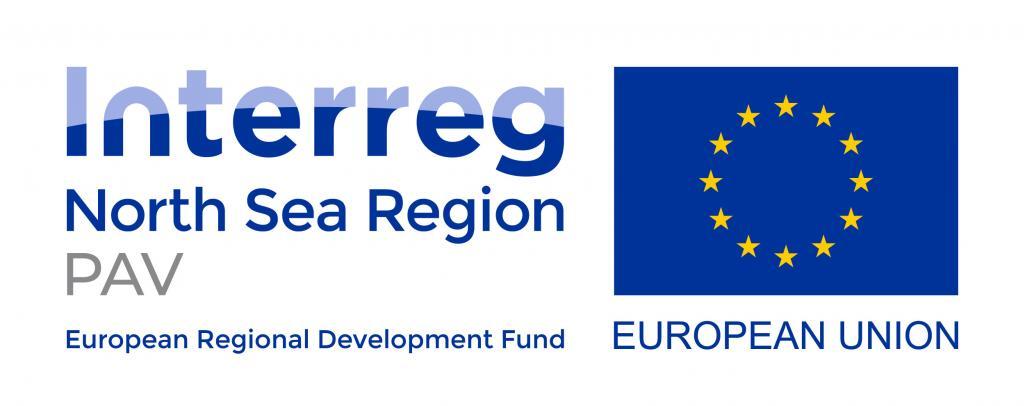POLIS launches the Public Transport Lab, a webinar series on the future of public transport
Following the success of the Post-Lockdown Mobility and Mobilising Mobility webinars, POLIS is launching a brand new webinar series discussing the role and recovery of public transport in a post-pandemic world, where the transition to more sustainable urban mobility is more urgent than ever.
Public transport is at a crossroads. As services begin to bounce back from COVID-19, their role in our green recovery hangs in the balance. How can we ensure public transport continues to help cities and regions meet sustainable mobility targets and comes back stronger than ever? POLIS is on a mission to find out.
We are launching a brand-new webinar series delving into the future of public transport. Across a series of exclusive events, we look towards the next generation of public transport, from automation to decarbonisation, shared mobility hubs to MaaS, infrastructure to inclusion, identifying the key challenges and laying the tracks for shared solutions.
Public transport has been hit hard by the pandemic. Across Europe, lockdown regulations cut ridership to 10 to 15 percent of previous levels, weakening public confidence in transit options with devastating financial repercussions.
At the same time, these services have kept our cities operating. As Europe emerges from this crisis, public transport will be more critical than ever, supporting immediate economic demands, equitable access to services, and long-term climate targets.
There is no doubting the potential of our public transport systems. Digitisation, electrification and intermodality have revolutionised our metros, trams, buses and other modes, destabilising the supremacy of the car. Yet, the pandemic has exposed the need for further revitalisation and re-investment in our public transport systems. One thing is for sure, a return to business as usual is no longer an option.
POLIS’ Public Transport Lab series explores how we can- and must- capitalise on COVID-19 and recent technological developments to create high-quality, affordable, resilient, and sustainable mobility services for citizens in our cities and regions. We hear from those at the forefront of mobility planning, learning how cities, regions, operators and others are transforming public transport.
Many of the webinars are open to POLIS members only, however some will be available to the public. We welcome everyone to tune into our kick-off webinar “Public transport & COVID: What happened and what will happen?”, which will reflect on what has happened to public transport during the COVID-crisis, what we can learn from that experience, and how to best move forward to secure a sustainable recovery.
See the full webinar schedule below:
Public transport & COVID-19: What happened and what will happen? 17 September; 10:00-11:30 CET
The first webinar will look at what has happened to public transport during the COVID-crisis, what we can learn from that experience, and how to best move forward to secure a sustainable recovery. How can learning from the recent past pave the way for a more resilient public transport future? And what innovations can give public transport that extra competitive edge?
Overcoming barriers, inclusiveness in public transport systems. 27 September; 14:00-15:30 CET
A public transport system is only public when it takes into account the needs of all the users. This webinar draws from the experience of European projects that have addressed the topic of inclusiveness in public transport systems, to present a comprehensive view of how vulnerable to exclusion users can overcome the different physical, digital, and legal barriers when making use of public transport.
Preventing sexual harassment in public transport (members only)
Sexual harassment has repeatedly been identified as a key concern for public transport users- particularly for women. It has to be dealt with, effectively, and it is possible to do so. We meet researchers and hands-on operatives who will discuss the issue and share their insights and advice.
The role of PT in MaaS: Opportunities and pitfalls (members only)
This webinar will explore the role which is- and can be- played by MaaS in forging the next generation of Public Transport. We will hear from cities as well as private operators, examining how MaaS is changing the face of our urban mobility offerings, and the opportunities it offers, as well as the challenges ahead. We will also look at different governance models of MaaS, and the role of the public sector, PTOs and PTAs in its roll-out
Integrating urban design and infrastructure to accommodate public transport 4 November; 16:00-17:30 CET
How can urban design foster the integration between active travel and public transport, thus promoting intermodality as a convenient alternative to private car use? Public transport and active travel are key allies to achieve more liveable urban areas, where citizens can use both modes in a combined way to reach their destinations in an easy, safe, and convenient way. In this webinar, we will hear about different perspectives and experiences that follow this approach.
Complementing mass transit with shared mobility 9 November, 11:00-12:30 CET
This webinar will examine how cities and regions can steer shared mobility to support public transport, exploring how to strategically integrate shared e-mobility hubs with the public transport network. How can local authorities nudge shared mobility to serve the gaps of public transport? In this Public Transport Lab we’ll share and discuss different initiatives and options.
View the webinar report HERE
More than just hot air? Public Transport decarbonization (members only)
Cities' ambitions to become carbon neutral and meet the Green deal targets require decarbonisation of urban fleets. As public transport (PT) constitutes a big share of urban mobility, cleaning up these fleets is an expensive but very needed undertaking. We have invited the representatives of the European institutions (European Investment Bank and the European Commission), Public Transport Association (UITP) as well as the city’ and regional authorities (Île-de-France, and City of Bologna) to talk through important aspects that are crucial in facilitating the introduction and further expansion of the PT urban fleets.
This includes discussion on the viable business models for the Public Transport Authorities and Operators as well as financial opportunities available at the EU level.
View the public report HERE.
Autonomous Vehicles as part of a Public Transport System 22 November, 14:00-15:30 CET
Autonomous Vehicles could lead to healthier, safer and greener cities – but only if the vehicles are integrated into an effective public transport network. How can Autonomous Vehicles work within Public Transport Networks? In this webinar EU-funded projects PAV, Dynaxibility and Ride2Autonomy will present some of the elements and strategies necessary to integrate AV in PT networks, as well as some lessons learned coming from the city pilots.
View the public report HERE.
How can technology support Public Transport? (members only)
Digital innovations are improving people’s lives and opening opportunities for public transport, including increased efficiency, lowering costs and easier accessibility. But how exactly can we use technology to create a smart and sustainable transport network, even in remote and rural areas? This webinar presents three solutions to help achieve this. Technolution, together with the city of Oslo, will present their public transport priority system. HITRANS, accompanied by The Routing Company, will introduce their DRT system in rural areas.
View the public report HERE.
For further information about the webinar series, please contact Isobel Duxfield.
